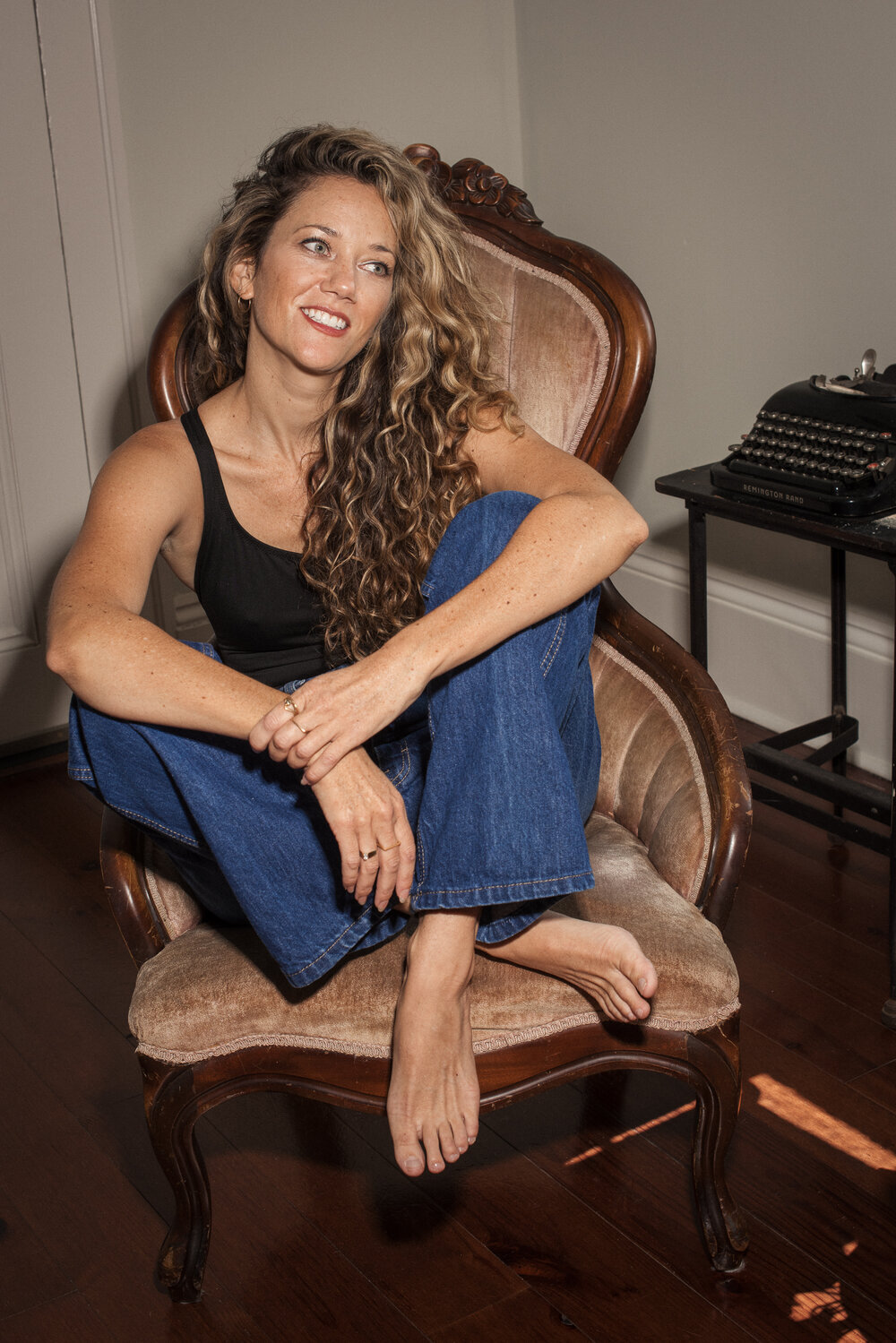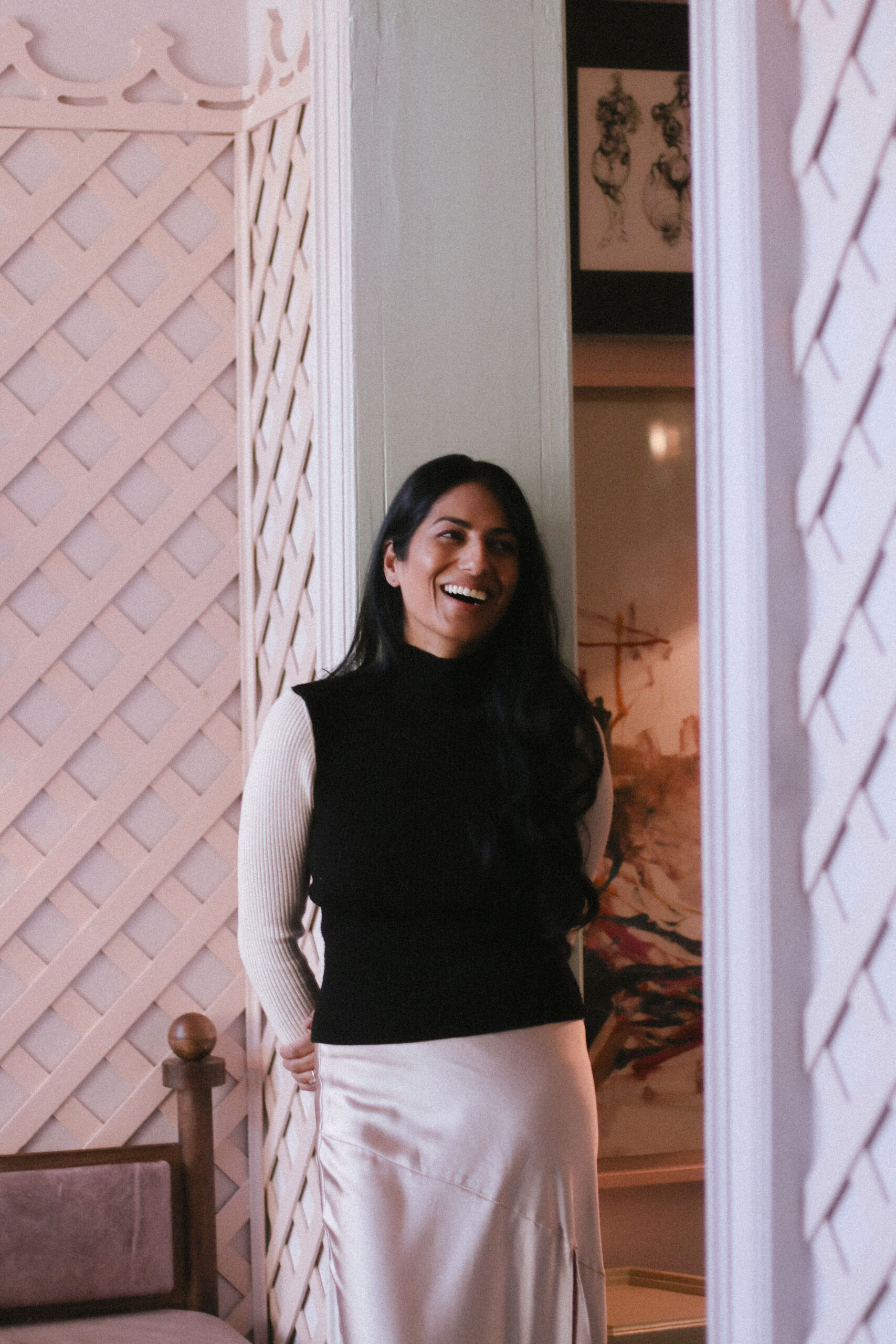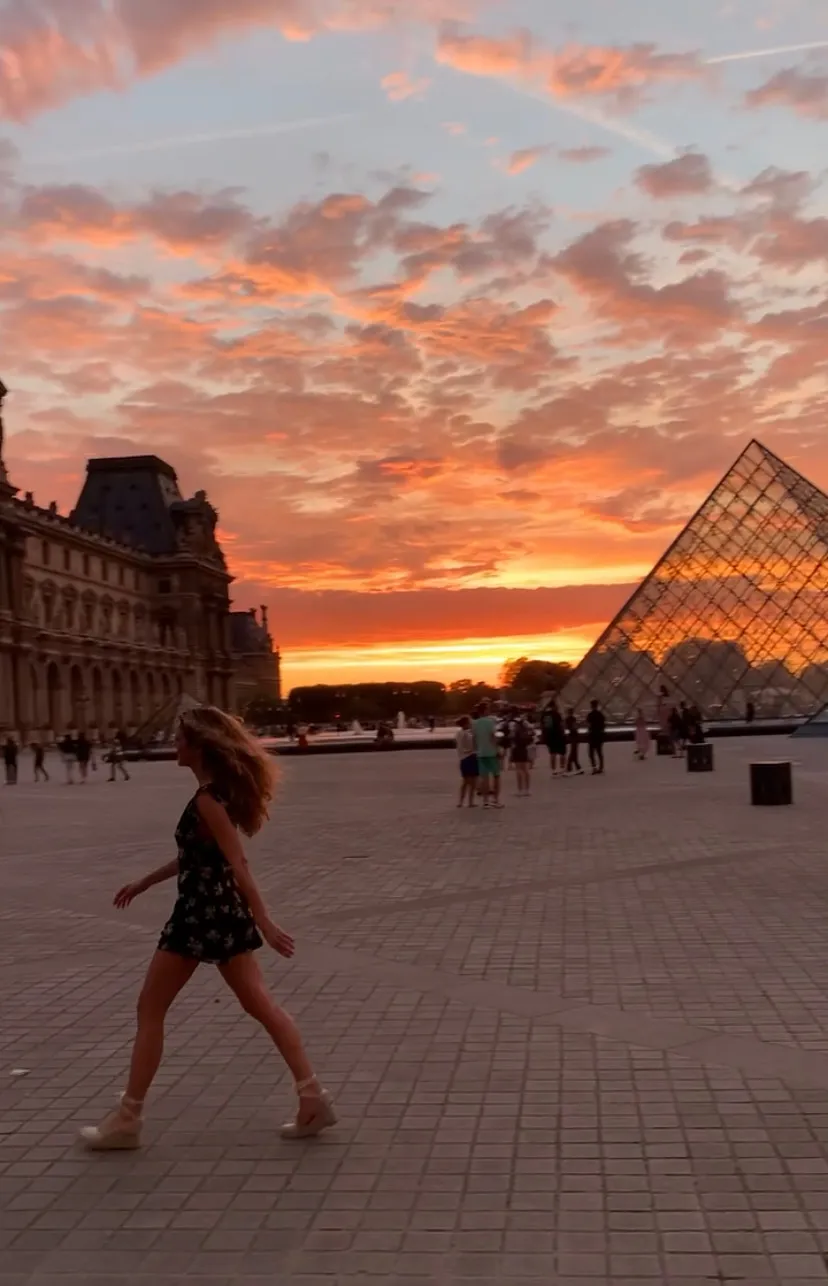Suddenly, we are all improvising—whether work, school, or elections—as we deal with anxiety and fear. But certainly doctors and scientists are doing the opposite: looking at research, studying patterns, flattening the curve of the virus’ onslaught. We’re dutifully doing our part.
One thing that actually creates powerful results—with the research to prove it—is positive thinking. The power of the mind to shape our realities is real. I spent 2019 digging into this in terms of finances and self-worth, and I fell in love with a book called The Science of Getting Rich by Wallace Wattles. Ignore the off-putting title; this book, the basis of the “New Thought Movement” of the 1910s and a whole host of books throughout the last 110 years (namely The Secret), espouses the Law of Attraction: the idea that the energy you put out into the world attracts the same back to you. I grew equally enamored with Jen Sincero’s books, which say the same exact thing, but in a more peppy, contemporary way. These books and the work I did to revise my own feelings of self-worth and my mindset around money made a tangible difference in my life. I doubled my income. I manifested exciting opportunities and love. I went from telling myself a story that I was objectified and unloved by men and locked into a financially unrewarding position as an adjunct English professor, to growing my freelance writing business and encountering wonderful, accomplished men who wanted to be in a relationship with me. Having seen it for myself, I have no doubt that our thoughts impact our reality.
I teach at an online university, where I also encounter the power of positive thinking. The students (adults returning to school decades since their last high school class, and often military members), introduce themselves on the first day of class. Those who say “This is going to be hard for me; I don’t like English class; I don’t think I can do this” are the ones who struggle and perhaps even drop out. Those who say, “This class will be a fun challenge; I’m excited!” see that reality. Of course there are various other elements to this equation (education, economics, bilingualism) that impact students’ fears or confidence about English class. I don’t wish to simplify or downplay all of what is at stake with online education in the US. But I see firsthand how what psychologist Carol Dweck calls a “growth mindset” creates a totally different classroom experience than for those with a “fixed mindset.” The difference is palpable.
But that was 2019, before 2020 reared its head.
These days are challenging. Yet I’m choosing to see it as a moment to practice the art of trusting (the universe, science, community, my gut) and the art of positive thinking. How can we stay positive right now? More importantly, how does our staying positive help those we love, care for, live with, and lead?
Here are some techniques I’m using, and which you might use, if you’re taking this time to shift your mindset:
- Affirmations
For months this past summer, I had pieces of paper taped to my bathroom mirror, which I read aloud as I brushed my teeth or got ready to leave the house. There’s something about seeing the words you wrote staring back at you daily that shifts your thoughts, reminding you to be grateful or compelling you to love yourself as others love you.
I remember taking those slips of paper up and down all summer, embarrassed for anyone who entered my apartment to see them. But that embarrassment is telling. Underlying the positive affirmation—each “I deserve a loving partner” or “Money and love flow effortlessly to me”—is the damaging story we’ve been telling ourselves, stories of negativity, imperfection, failure, and not-good-enough, things we would never say to a friend or loved one. Yet we say them to ourselves.
Erasing such a damaging inner monologue requires time and patience. And now is as good a time as ever. Do you and your kids/spouse/family/cat need to tape up some affirmations? Here’s what you do: identify the negative story you’re telling yourself, and flip it around to its opposite. Then write the flipped story on your slip of paper. So, “I’m scared” becomes “I am full of trust.” “I’m anxious” becomes “I’m calm and peaceful.” “The world is shit” becomes “The world is full of beauty and loving people.” Trust me—you’ll soon start to see confirmation of that beauty and those loving people. We see what we want to see.
- You Are a Character in a Novel
“My heart breaks for you, broken hearted in your hot (apartment? hotel room?) in Colombia. And yet, it also sounds young and exciting to be lovesick and sad in tropical town squares and small beach villages. Step number 1: Establish a philosophical distance from yourself. You are a character in a Hemmingway story, a Jean Rhys novel.”
That is how the email began, written in 2016 by my friend Carolyn (a writer) to me (a writer) when my boyfriend and I broke up in Santa Marta, Colombia, three weeks into what was meant to be a months-long trip together. To consider myself a character in a novel was the best advice I’ve ever received, seared into my memory with its wisdom. In a moment of chaos, a little psychological or philosophical distance is a powerful antidote to falling apart. Channel your feelings into your art of choice, yes, but what about simply channeling your dreamiest alter-ego, or your favorite artistic/celebrity crush? How would she act in a crisis? What would she gift herself? For me, it’s Jean Rhys, who wrote dark, sad novels in Paris and London out of her lived experience (although she also drank too much and often relied on men for money, so…). Or, better yet, Anaïs Nin! What would she be doing today? Journaling endlessly, having candlelit dinners, cultivating eroticism and emotion. And Zora Neale Hurston? Frida Kahlo? Louise Bourgeois? Beyonce? What I’m saying is, like the woman who found out her ex is dating Lady Gaga, do what you want, expand on what you want, and celebrate yourself.
What does that look like right now? What is an accessible luxury you don’t normally allow yourself, given our current “socially distant” situation? Is it an hour of solitude? Thirty minutes of journaling in the morning? Finally using the face masks you’ve been hoarding in your bathroom? Lighting that expensive candle? Making the art you’ve been putting off? Consider your favorite powerhouse and what she might do in your shoes, activate your imagination, set some boundaries, and let loose your power, your art, your gifts on the world. We need them now more than ever.
- Meditation
It’s been said before, so this is nothing new. But any meditation, even five minutes a day, helps ground you in reality, in the now. Set a timer for five minutes, alone or with your family. Sit wherever, in any way. Sit in a patch of sunlight that feels warm on your skin. Then, focus on your breathing and the sensations in your body. Watch your thoughts come and go. Or try a YouTube video, an app, anything. Meditation is simply a reminder to be present, a reminder that things are okay. You are alive.
Meditation also reminds us to check in and be grateful for what we do have. If the secret to happiness is wanting what you have (and the enemy is comparing yourself to others, which— hello, Instagram!), then meditating and practicing gratitude helps solve this dilemma. Meditation can be as simple as reciting the things you’re grateful for while you shower, listing things in a soothing, repetitive pattern, or pausing throughout the day to take a breath and thank the universe for one thing, be it health, loved ones, a friend to talk to on the phone, or even just Netflix.
I have a yoga teacher who says, “You cannot take a breath in the past. You cannot take a breath in the future. You can only take a breath in the present.” I often take comfort in that thought, especially now.
What is this moment saying to you? How is it asking you to pause and reflect, or to begin the work of shifting the story you’re telling yourself? We are so lucky to have the internet, phones, books, art. These things connect us. And we are lucky, too, to have shelter, food, friends, love—the true essential of life.
What are you grateful for? I mean, right now? And now?

Originally from Santa Maria, California, Kristin Sanders is a writer living in Paris. She is the author of Country (Trembling Pillow Press, 2017), two poetry chapbooks, and an e-book for freelancing women. Her work has been included in Prose Poetry: An Introduction (Princeton University Press, 2020) and the poetry anthologies Alcatraz (Gazebo Books, 2022) and Dancing About Architecture (MadHat Press, 2024). Her essays, fiction, and reviews have been published in Hobart, Longreads, Literary Hub, Columbia Journal, Los Angeles Review of Books, The Guardian, Bitch Magazine, HTMLGIANT, and forthcoming in the Weird Sister Anthology (Feminist Press, 2024). She holds an MFA from Louisiana State University and has taught writing for over 15 years, most recently at the University of Arizona Global Campus. You can follow along on her Substack, “Part Poet, Part Guide” or find her on IG: @kristindianesanders.



